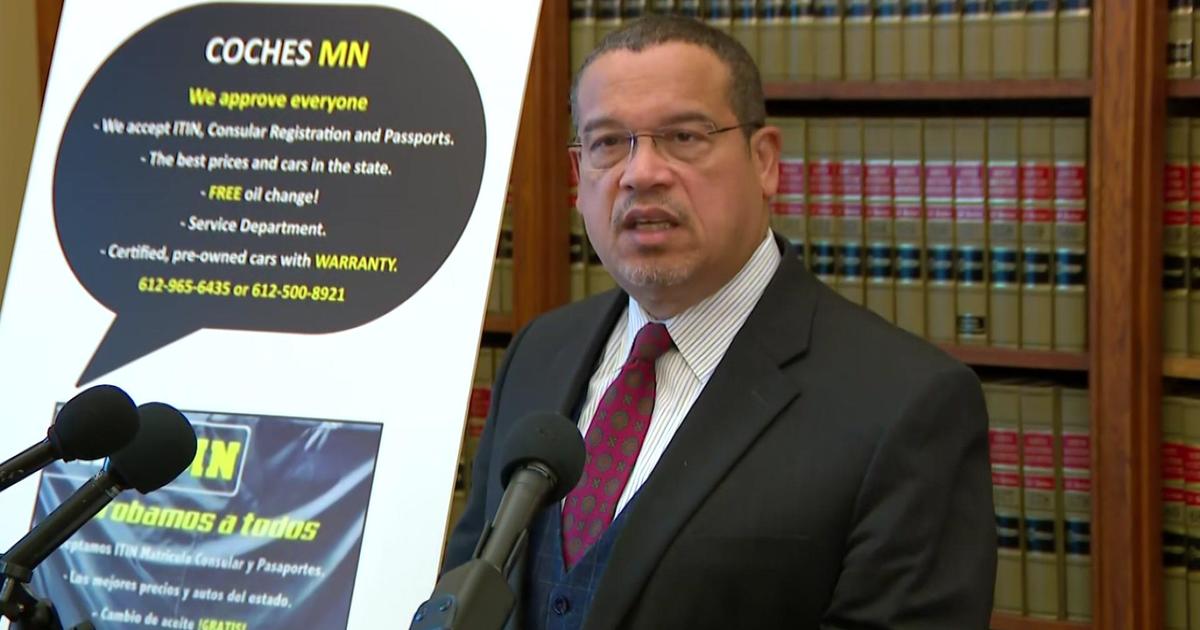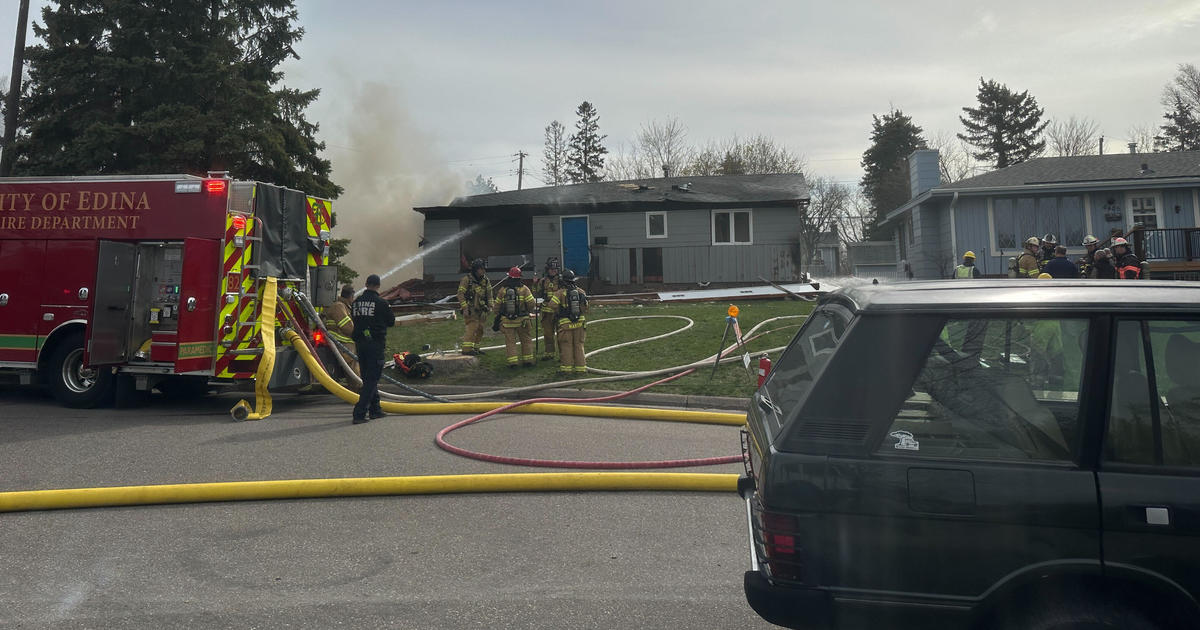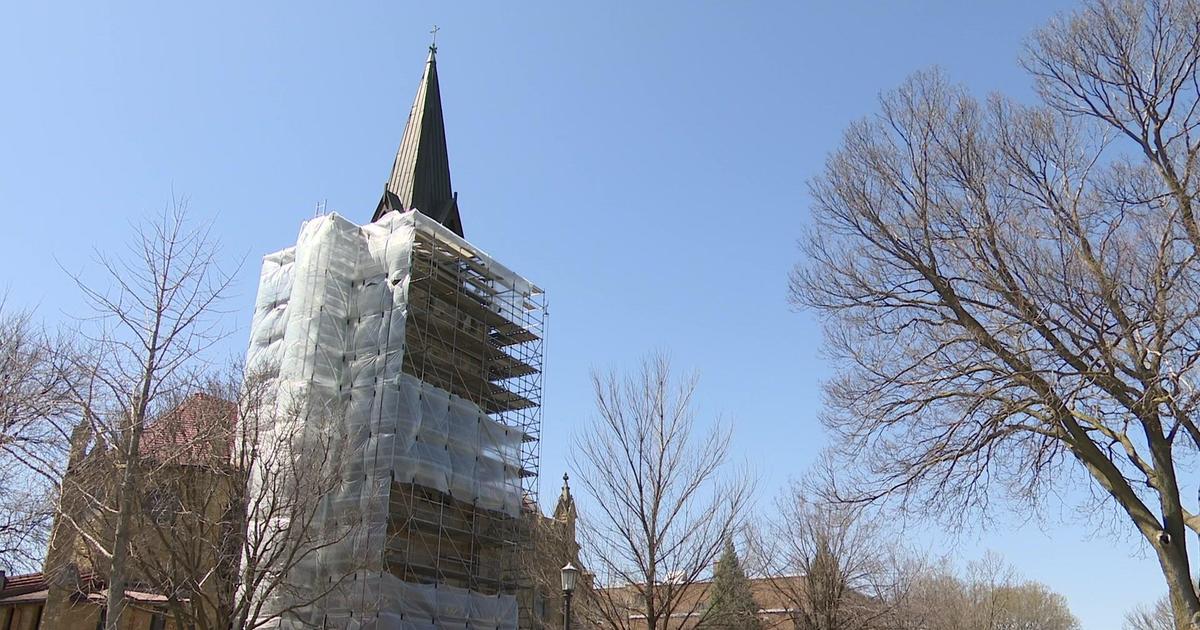Lehrer Calls For PBS, NPR To Invest More In News
WASHINGTON (AP) -- PBS anchor Jim Lehrer told public broadcasters Tuesday that they must continue to defend their federal funding and raise more money to meet an increasing need for serious journalism as commercial newspapers and broadcasters see declines.
The heads of PBS, NPR, Minnesota-based American Public Media and others gathered in Washington to discuss the most serious threats in Congress to their federal funding in 44 years.
Lehrer said public media needs to produce more local news and serious journalism because other channels are being used to "tease and to entertain and only to inform across the surface."
"I have a good source on why this is a problem. The source is Thomas Jefferson," Lehrer said. "Thomas Jefferson told the folks back when this country was founded that the only way this democratic society we just created is going to work is if there is an informed electorate."
The National Press Club and the University of Missouri School of Journalism hosted a summit weeks after federal funding for public broadcasting was a prime target for cuts in the long-stalled 2011 budget. The Republican-led House voted to eliminate funding for public broadcasting. Those efforts stalled in the Democratic-controlled Senate, and a budget deal with the White House kept most money intact at $430 million this year.
Much of the uproar focused on NPR after the controversial firing of analyst Juan Williams over his comments about Muslims, and following the release by a conservative activist of footage that appeared to show an NPR executive condemning the tea party movement.
NPR's chief executive and chief fundraiser were forced out in the scandal.
The budget fight is not over, though, said Patrick Butler, CEO of the Association of Public Television Stations, which lobbies for local stations in Washington. Many in Congress still want to defund public broadcasting in the 2012 budget and beyond, he said.
"This is going to be a continuing battle for us for quite some time," he said. "What we don't want to do is to perpetually be in the position where we're sort of gasping for air."
South Carolina Sen. Jim DeMint has pledged to continue efforts to cut off funding, citing federal deficits.
Still, supporters in the latest budget showdown proved to outnumber those who oppose funding for PBS and NPR stations. Butler said there can be broad bipartisan support for public broadcast funding because it's such a small part of the federal budget but is critical for many local stations.
Interim NPR chief executive Joyce Slocum said the Washington-based public radio network has rebounded from the controversy over its management.
"Our journalism has not missed a beat," she said.
Executive Editor Dick Meyer said NPR is working on a project to place two reporters in every state capital across the country through its Impact of Government initiative.
"It's an area where commercial media is retreating with Custer-like force," Meyer said.
Some PBS stations also are starting new local news programs, including WNET-TV in New York, which plans to launch its MetroFocus program online this summer and eventually on television.
Funding threats from Congress can be a chance to rethink priorities and how public broadcasting is structured, said Bill Kling, CEO of American Public Media.
"Public broadcasting is going to be probably the last person standing, in some form, in terms of journalism," he said. "We're here but nowhere near as developed as what we need to be."
(© Copyright 2011 The Associated Press. All Rights Reserved. This material may not be published, broadcast, rewritten or redistributed.)



